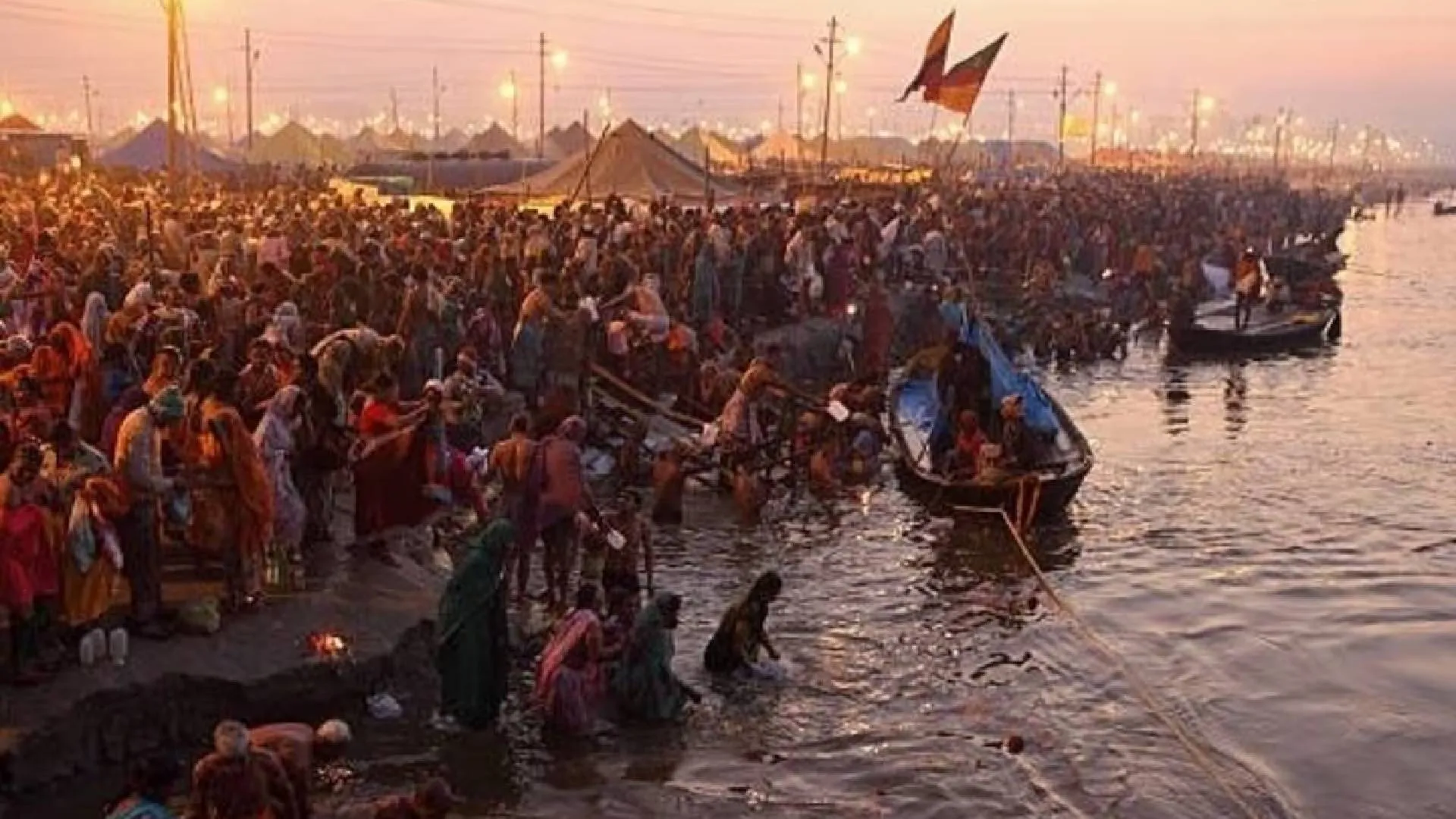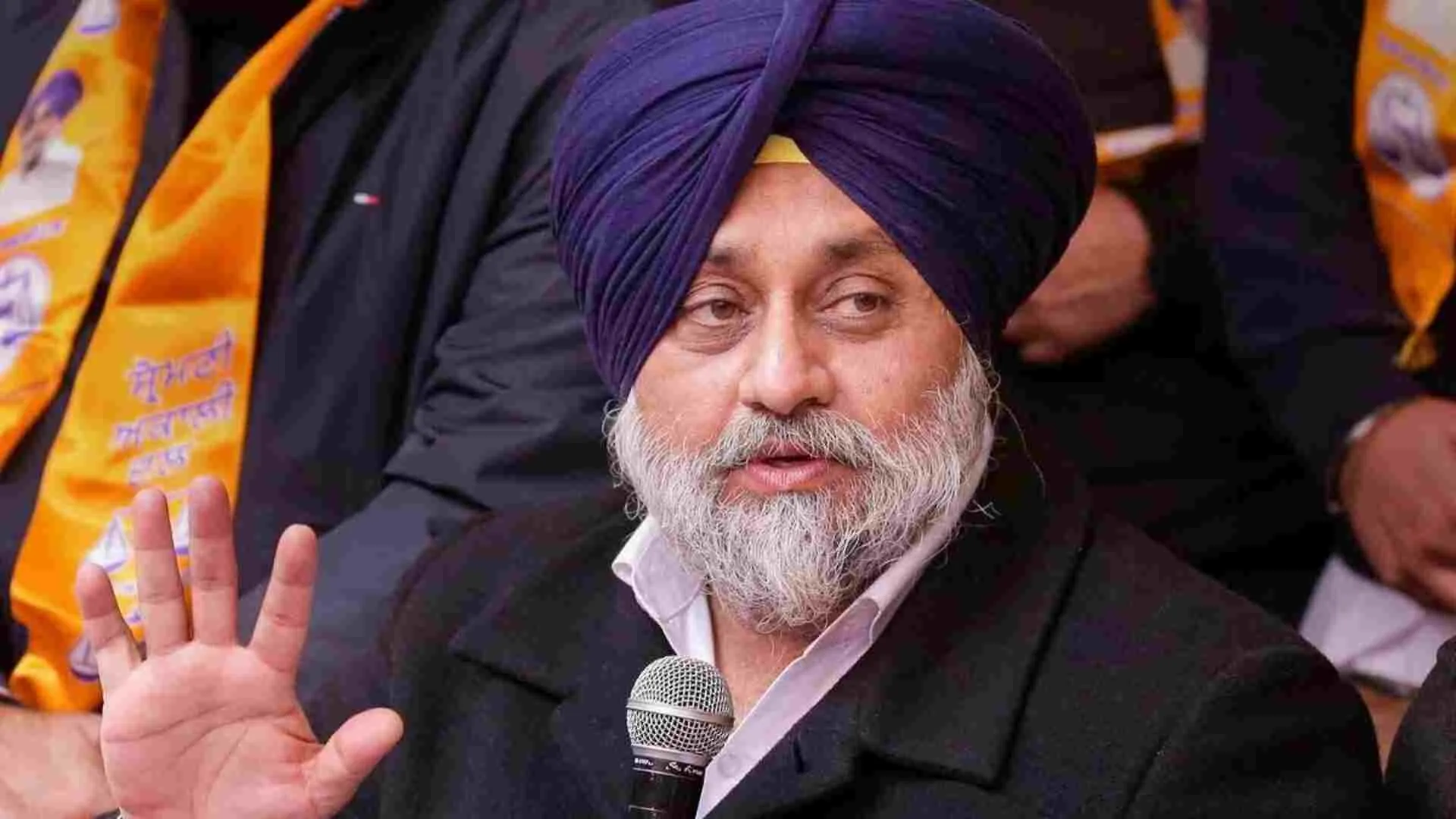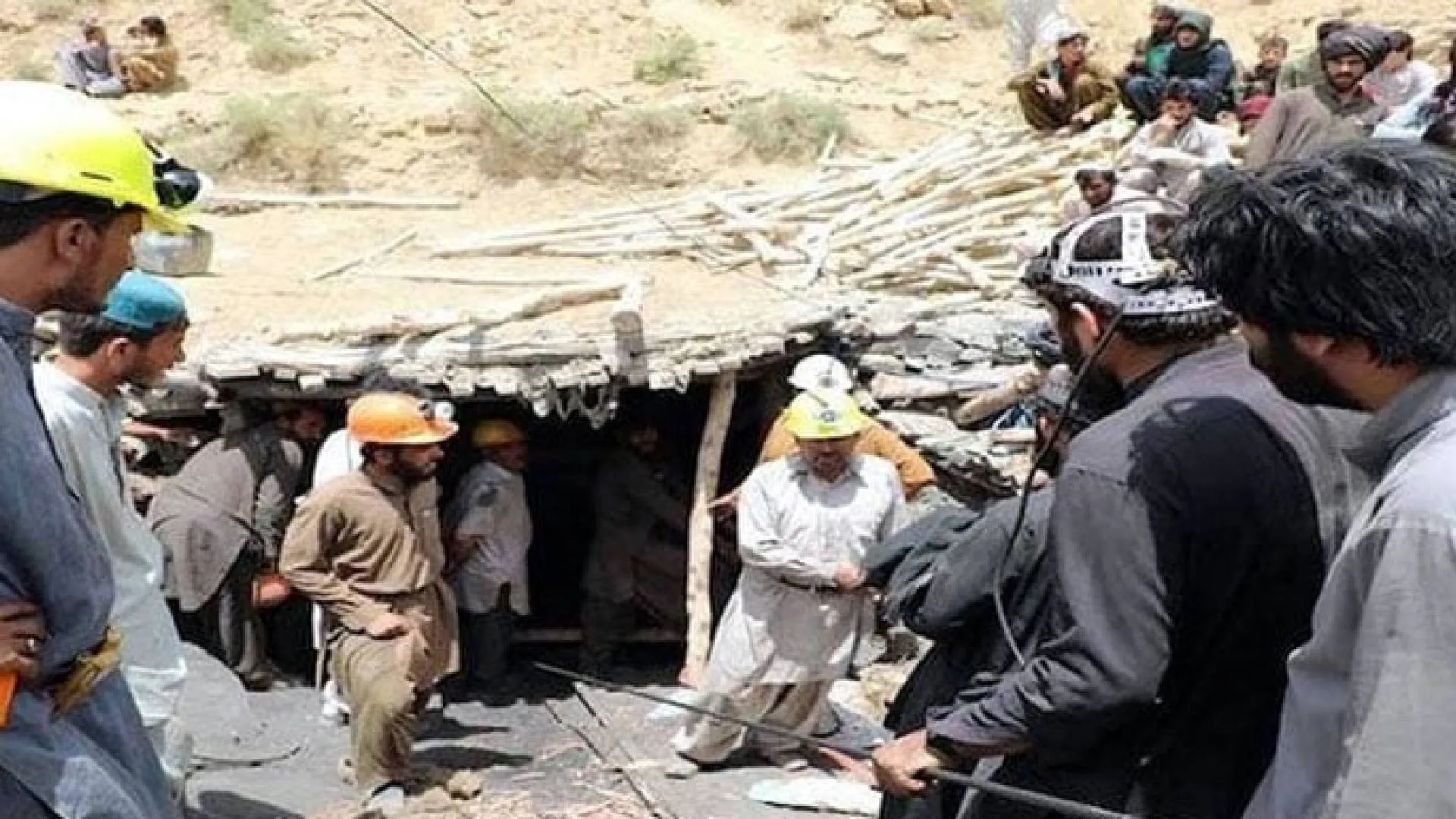For our first question, we asked Anant Merathia about the restructuring laws in India and how they have evolved over time, to which he replied, “The older laws that were there in India for distressed companies. Were, basically, laws under the SICA, BIFR. There were winding-up options for companies whenever they were in distress. But, these have become, in a way, redundant over a period of time, and that’s where the Insolvency and Bankruptcy Code (IBC) was needed. Praising the IBC, Merathia said, “The law has been progressive, it has evolved a fair bit, and has seen a good number of resolutions. But at the same time, the data shared by the regulator, the Indian Bankruptcy Board of India (IBBI) shows that for every one company that makes a successful resolution, there are four companies that face liquidation. So, that’s a challenge.” Speaking about Non Performing Assets (NPAs), Merathia stated, “Earlier, the NPA issues were rolled over or kept under the carpet or were not addressed for a large period of time, however, now, for the last 4-5 years, India is more on a cleanup mode.”
While expressing concerns about NPAs, Merathia said, “One of the core concerns we have seen is that a lot of businesses and assets have been overvalued and loans have been given without proper due diligence and that has been a challenging financial discipline.” He continued, “At least five years prior from now, it was there for a couple of decades, and a result of that is what we are seeing right now.”
For our next question, we asked Merathia about the sectors that have been impacted the most by the IBC. “From what we see across manufacturing, real estate, construction, power sector, steel sector, food processing, textiles – these are some very evident sectors which have been hit and which have been seeing the maximum number of companies going into insolvency,” answered Merathia.
We then wanted to know from Merathia which sectors “IBC has always given a bit of a special preference to the MSMEs. Initially, of course, for a couple of years, it was finding its feet, but then, since 2018-19, there were discussions of bringing in relaxations for MSMEs. In the case of MSMEs, the promoters are in the position to come up with their own resolution plans, provided they meet certain legal criteria. There are certain exceptions that have been made for them.”
Anant Metharia then spoke about the future of IBC, “Two broad areas will evolve in the coming times. One would be group insolvency – we have already seen a touch of that in the Videocon case – and cross-border insolvency – a bit of which we have seen in the Jet Airways case where the Dutch administrator worked in close synch with the Indian resolution professional.”
Sharing his wisdom on how businesses can protect their interests during the uncertain period of the pandemic, Merathia said, “Keep your bankers informed if you’re in a distress position. In India, we have seen, very commonly, that people tend to shy away from a transparent business arrangement with their bankers. Avail any schemes, if they are applicable to you.” Moreover, he said, “The manner in which business is done, it has to change. In terms of documentation, record-keeping, communications through e-mails. Business practices have to be more formal now. A lot of business in India is on oral and verbal assurances, and so on and so forth, which has to change.”























